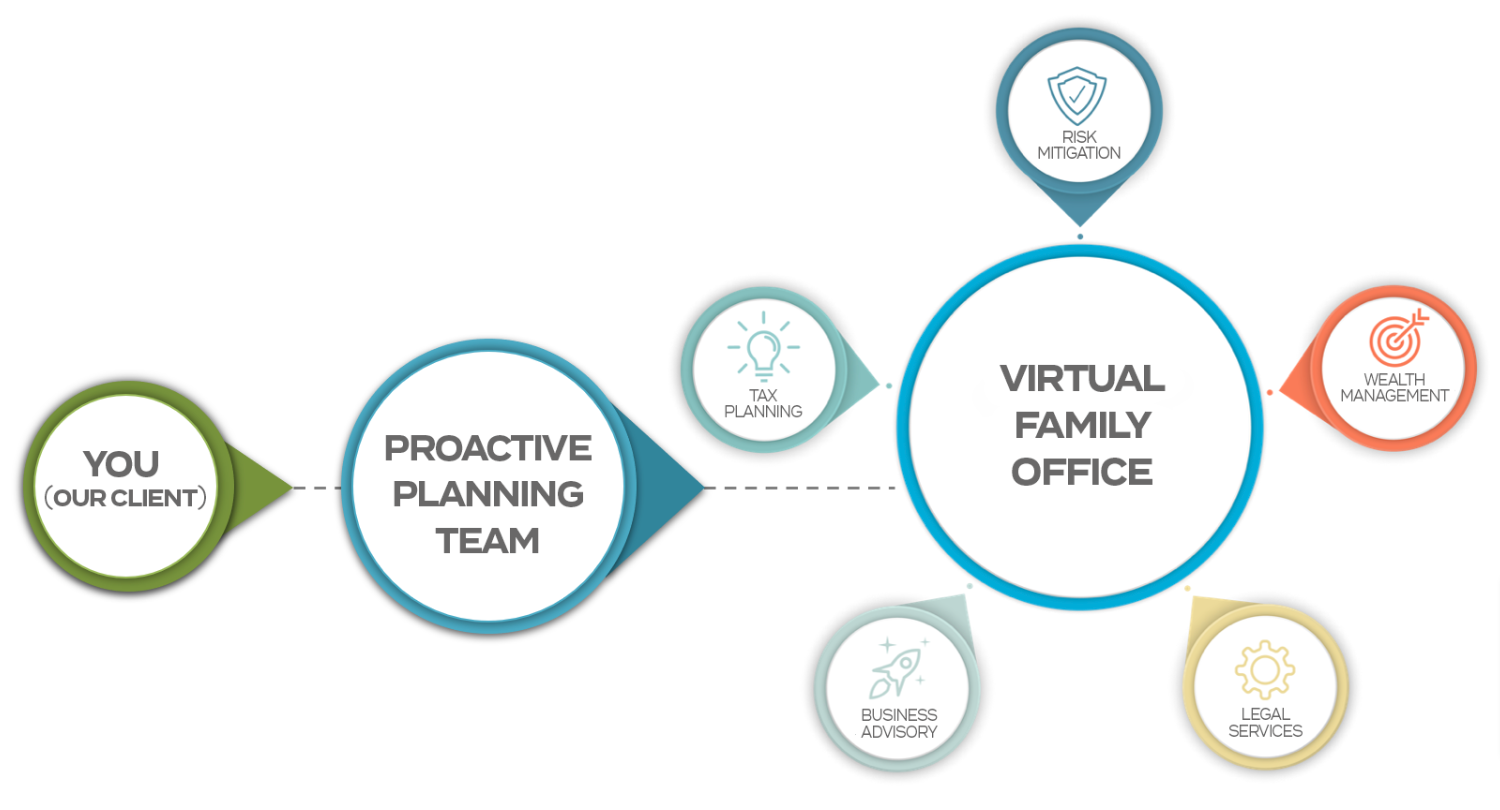Milwaukee & Waukesha Counties Accountant Reveals A Big Mistake: “Treat All Prospects the Same”
There’s always a ton of doom and gloom out there, with unemployment figures, continual media drip of bad news, and just general bleakness about the prospects for Milwaukee & Waukesha Counties small businesses. Grumbling about the ACA, inflation, mounting national debts … blah, blah, blah.
Not that these aren’t serious problems, but we don’t have to join the grumblers, do we?
I’d much rather that I, Dale Hammernik, be counted among those who are forsaking grumbling for the purposes of pursuing growth.
But it starts with getting serious about sharpening our sales and marketing strategy in 2014. Things that were “easy” in the past just aren’t as easy as they used to be.
It’s time to make sure you’re squeezing all the value you can out of your advertising and your selling. And to do that, you’ve got to avoid the big mistake I write about this week.
Milwaukee & Waukesha Counties Accountant Reveals A Big Mistake: “Treat All Prospects the Same”
“The ability to learn faster than your competitors may be the only sustainable competitive advantage” – Peter Senge
When I sit down with a Milwaukee & Waukesha Counties business owner friend, and we’re talking biz, I enjoy the back and forth of different strategies. One of the main things we like to do for each other is help identify new streams of revenue in one another’s business.
And, here’s something which I’ve seen in healthy, growing businesses … and which is absent in stagnant, failing small businesses: knowing their target prospect.
You see, in EVERY kind of Milwaukee & Waukesha Counties business (even a non-profit), you want to do business, accept donations, serve clients, etc. who meet a particular profile. And, if you can identify this profile, you can save a bunch of advertising money, and keep your sales force from wasting their time.
Sometimes, small business owners think their market is simply “the local Milwaukee & Waukesha Counties area.” Or, even worse, “anyone with money to spend”. I hope you see how wasteful this approach can be.
No, you’ve got to zero in on what groups will provide the best ROI possible when you’re putting together your marketing plan.
So, you’ll need some detailed information about your BEST target clients. In fact, I’ve written about this previously, but then only in general terms. Here’s more specifics for you…
I put together a list of 7 things you absolutely MUST know about your prospects.
(And, in case you’re wondering, if you’re a Milwaukee & Waukesha Counties B2B business, this is just as pertinent. You’re still selling to people not companies. Remember that!)
1. Age- Everything you say and write, including slang, allusions, word difficulty, and topics should be adjusted to meet age appropriateness.
2. Gender- Despite the dual roles men and women tend to fill, most individuals can be segmented (and sold to) based on gender-specific interests or needs.
3. Location- Values and culture tend to vary based on demographics. Having a clear understanding of regional difference will improve your targeted messages.
4. Education Level- Similar to age appropriateness, education levels should determine how you address your prospects and what benefits they will find in your product or service.
5. Income- The needs and wants from one social class to another should be a guide to the types of products and services you should be selling them.
6. Marital Status- The values, needs, and desires of married persons greatly differ from those that are single. Marketing family messages to single persons (and vice versa) can lose the deal for you.
7. What Keeps Them Up At Night- This is the most important one. You’ve got to know your prospect’s fears, worries, concerns, excitements, hopes and dreams. When you know the conversation inside your prospect’s head, you can enter it, speak to it, and build a relationship that leads to a customer.
So, take the time this week to really nail down these profiles.
And in the meantime, feel free to forward this to your sales force or anyone dealing with your prospects, and make sure they understand how to speak to them effectively!
Again, I don’t pretend to be a “guru” … but I see what works for my Milwaukee & Waukesha Counties small business owner friends, and I want you to have the best year you’ve ever had, in 2014.
Would you forward this article to a Milwaukee & Waukesha Counties business associate or client you know who could benefit from our assistance — or simply send them our way? While these particular articles usually relate to business strategy, as you know, we specialize in tax preparation and planning for Milwaukee & Waukesha Counties families and business owners.
And we always make room for referrals from trusted sources like you.
Warmly (and until next week),
Dale Hammernik
(414) 545-1890
See More Blog Posts







